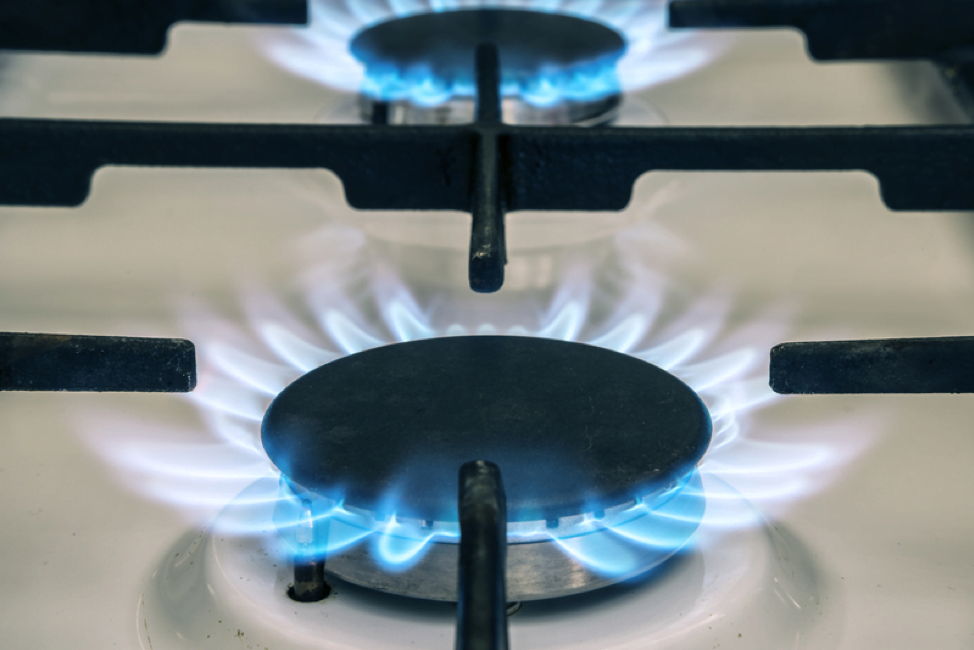When it comes to men’s health issues, there is an abundance of information and resources out there for common problems such as heart disease, stroke, diabetes, and prostate cancer. However, there are also a host of concerns that are swept under the rug because of a lack of information or shame associated with the issues. Here are three primary male health concerns that need to be addressed more.
Depression
Depression is just as likely to strike men as women. However, because men are more likely to hide their illness, it is often underreported and misunderstood. Unfortunately, there is often a stigma that is associated with mental illnesses such as depression. Males are far less likely than their female counterparts to seek help for mental issues. Men need to understand that it is acceptable to visit a health care professional in order to get this treated. When you are depressed, it is more than just the emotional state that is affected. Sleep patterns, energy levels, and appetite are also negatively affected when depression sets in. This makes it especially important to seek treatment and get on the road to better mental and emotional health.
Testicular Cancer
Although there has been an overall lack of research associated with this type of cancer, a long term connection with ibuprofen use and testicular cancer has been observed, giving cancer a lifestyle connection. Unlike other cancers that are more likely to strike later in age, testicular cancer often hits men in their 30s. The good news is that testicular cancer is highly treatable when caught early. Some of the most telling symptoms of testicular cancer include an aching sensation in the groin, back pain, and enlargement in either testicle.
Bladder Stones
Compared to their kidney stone counterparts, bladder stones are often overlooked. These hard pieces of mineral buildup begin to develop in the bladder. This process happens when urine is heavily concentrated. Bladder stones are primarily a men’s health issue, affecting far more males than females. The condition is most common in elderly men who also suffer from prostate issues. Men can help to prevent the development of bladder stones by drinking at least 64 ounces of water each day.
By understanding some of these lesser-known male health concerns, you will have a better picture of your overall health. Taking a proactive approach to personal health and arming yourself with information empowers you to be in control of the rest of your life.
Here’s another article we think you’ll like: 3 Ways Energy Healing Improves Your Mental Health







